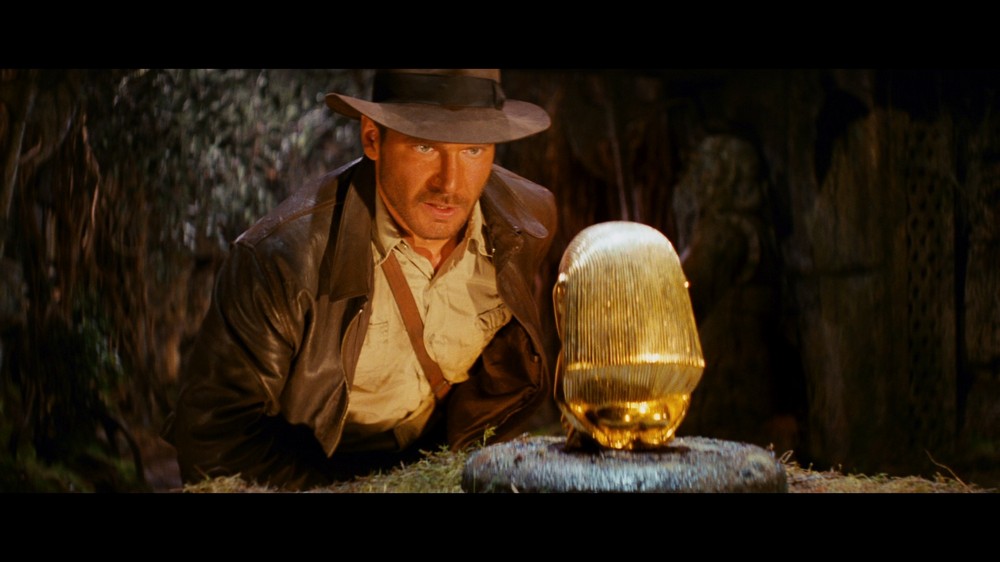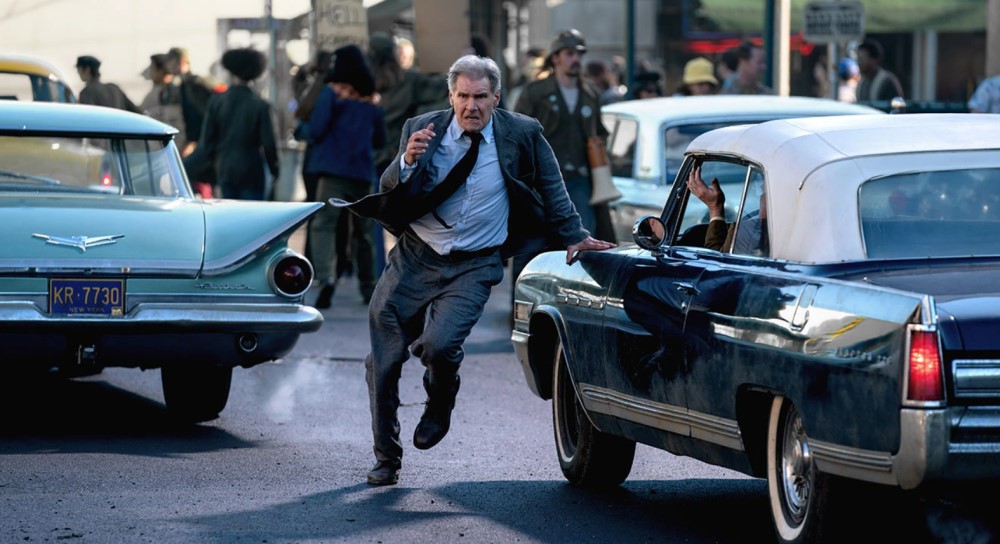“Leia doesn’t want to see me.”
So says Han Solo to Maz in her Castle during the events of The Force Awakens. Han Solo by this stage in his life has suffered great tragedy, loss and is a man marred by his disappointments.
“Marion doesn’t want to see me.”
So says Indiana Jones to Salah in his apartment during the events of Dial of Destiny. Indiana Jones by this stage in his life has suffered great tragedy, loss and is a man marred by his disappointments.
Huh? Wait a second? Which story is which. Well, they’re essentially the same backstory invented for both movies albeit executed with different effects on the overall narrative and has different emotional impacts on the audience.
Han Solo’s son, Ben Solo, didn’t die but fell to the Dark Side and went on a murderous rampage killing the students at Luke’s Jedi Academy. The metaphorical loss of his son, with whom he shared with Leia, was ultimately what caused the couple to drift apart and lead separate lives. Han Solo felt that he had failed as a father by not being able to protect his son and also protect his wife from the horrors of life. The emotional complexity to Han Solo was always there despite his apparent carefree disposition and he was always a wandering cowboy who, like everybody, wanted to love and be loed. During the course of the film, Han Solo is indeed reunited with Leia and he vows to attempt to bring their son home.
There’s much the same with Indiana Jones by the time we meet him in 1969, though there are a few differences and ultimately this story is more hopeful for one crucial reason. Indy, much like Han, eventually came to settle down. Gone were his days of globetrotting. However, again the same as Han, tragedy strikes as Mutt, his son, joins the US Army and is ultimately killed. Indiana, who clearly carries this burden each and every day, tells Helena Shaw that it was this devasting loss that caused his marriage to Marion Ravenwood to end. Indy then, as we first meet him in the film, spends his days alone and drinking.
Both characters suffer the loss of a child and more specifically a grown son. Both events cause marriages to end. There are some differences, however. Han Solo remains pretty Han Solo about it all by the time we meet him in The Force Awakens. He’s back doing what he’s doing. He’s snarky, sarcastic and ready for a good eye roll. You can imagine him putting his emotions in a box and locking them away. It’s only as the film progresses where we see the pain and regret come out. His scene on the bridge with his son Ben is truly where Han Solo is against the type we know him. He’s selfless, a caring father and man who bares his heart for his son to see. He’s a vulnerable Han Solo.
 Indiana, on the other hand, is a changed man by the time we meet him. Indiana Jones is vastly different from the person we first met in Raiders of the Lost Ark. Right from when we first glimpse him half-naked in his chair in 1969, he’s a man who is hurt and mournful. The realistic events of losing a son to war play a part here and he’s dealing with divorce. Han Solo still has Chewbacca. Indiana has nobody. He’s even retiring and losing his only reason to get out of bed. Indiana is a man haunted by his past and facing the realisation that he’s a destined to be a relic left behind, unloved and unwanted – or so he believes.
Indiana, on the other hand, is a changed man by the time we meet him. Indiana Jones is vastly different from the person we first met in Raiders of the Lost Ark. Right from when we first glimpse him half-naked in his chair in 1969, he’s a man who is hurt and mournful. The realistic events of losing a son to war play a part here and he’s dealing with divorce. Han Solo still has Chewbacca. Indiana has nobody. He’s even retiring and losing his only reason to get out of bed. Indiana is a man haunted by his past and facing the realisation that he’s a destined to be a relic left behind, unloved and unwanted – or so he believes.
Indy’s story is more hopeful than Han’s. His last adventure leads him to be reunited with Marion where we can only hope these two characters will live out their days together and remember the love they share. Han’s story, more tragically, leads to his death. He’s slain by his son and only had a brief reunion with his wife.
It’s hard to know whether the writers of Dial of Destiny intentionally drew from The Force Awakens, but it’s more likely that the story of Mutt’s death was the most natural fit for the film at the time and any parallels were just that.
Which film did it better, however, is entirely down to you.



